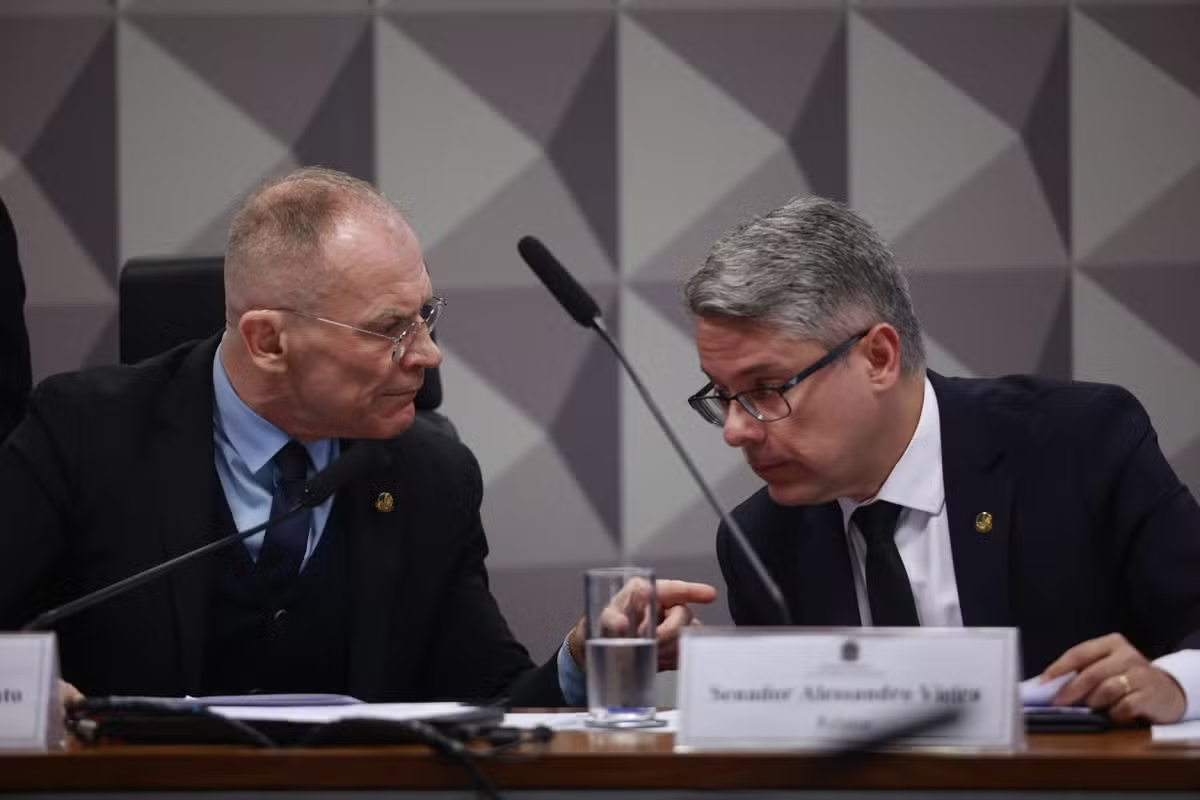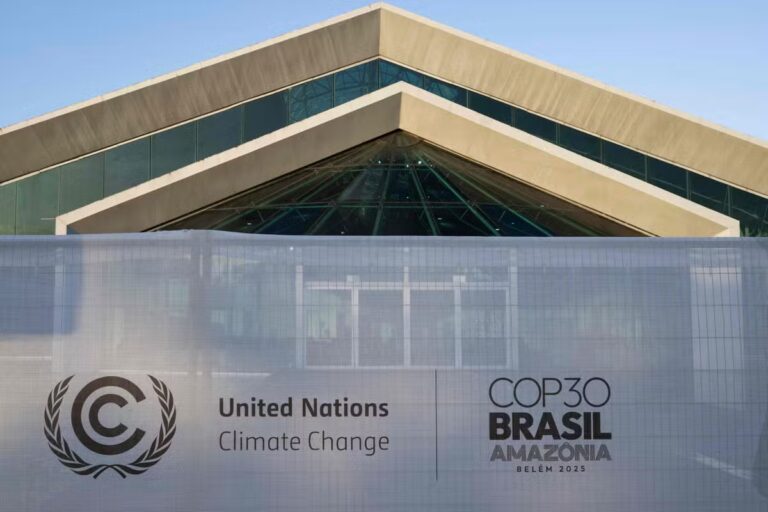
It is common for Congressional Inquiry Committees (CPIs) to become theaters of political conflict, looking for attention and public opinion rather than answers and solutions to the problems for which they are called. The attitude of Senator Fabiano Contarato (PT-ES), chairman of the recently established Organized Crime CPI, was therefore encouraging. In an interview with GLOBO, he said he was committed to carrying out the work “technically” to prevent the CPI from functioning as a platform for election purposes.
The CPI’s work program, prepared by Rapporteur Alessandro Vieira (MDB-SE), is objective and addresses important issues in the fight against criminal organizations that threaten Brazil. These include territorial occupation by drug traffickers and militias, money laundering, public sector corruption associated with criminal activity, and the sources and means by which states can effectively counter them. Mr. Contarato was a good choice as CPI chairman. He has experience as a representative of the Espírito Santo Civil Police and a professor of criminal law. He is seen as an independent name within the PT, recognizing the difficulties the left has in dealing with security, and retired general Hamilton Mourão (Republican Party) will take over the vice-presidential position. They are not new to public safety.
- Interview: Mr. Lula, a PT member who heads the organized crime CPI and said that drug traffickers are victims, says he was “dissatisfied.”
It is inevitable that the CPI will cause a clash between the government and the opposition. There are also differences within the tables you work with. Mr. Mourão and Mr. Vieira support classifying criminal factions as terrorist groups, while Mr. Contarato opposes them, although he advocates stronger penalties and other legislation. Disagreements are part of democracy. The important thing is not to let the logic of elections become an excuse to promote polarization.
The development of organized crime is the responsibility of several governments, whose inaction has allowed criminal organizations to spread across the country, while opening up channels for them to connect with foreign drug suppliers and distribute drugs to other countries. Business is growing and strengthening, and to combat this we need good legislation at all federal levels and a well-articulated state. Several proposals are being processed in Congress aimed at expanding state power in the face of crime. If properly implemented, CPI could provide a relevant contribution to improvement.
- Organized Crime CPI: The rapporteur wants a “map” of the 70 factions and demands more funding for security. See strategy
“When the time comes, there is nothing more powerful than an idea,” Contarato said in an interview. Several recent efforts have shown ways to curb criminal factions. There are lessons to be learned from both the Hidden Carbon operation against the PCC in São Paulo and the Rio de Janeiro police raids on Commando Vermelho in Rio’s Peña and Alemão complexes. A solid, unified plan that not only suffocates criminals economically, but also recaptures and reoccupies areas they control, provides durable public services, and removes the people from the yoke of crime will be essential.
“This is a bipartisan issue, so it’s time for the progressive camp to take on this issue,” Contarato said. “It shouldn’t be exclusive to the right or people with a more conservative profile.” He’s right. The CPI will be a good test for Congress. Concrete results will show whether the public’s representatives are prepared to meet the challenges posed by organized crime.



